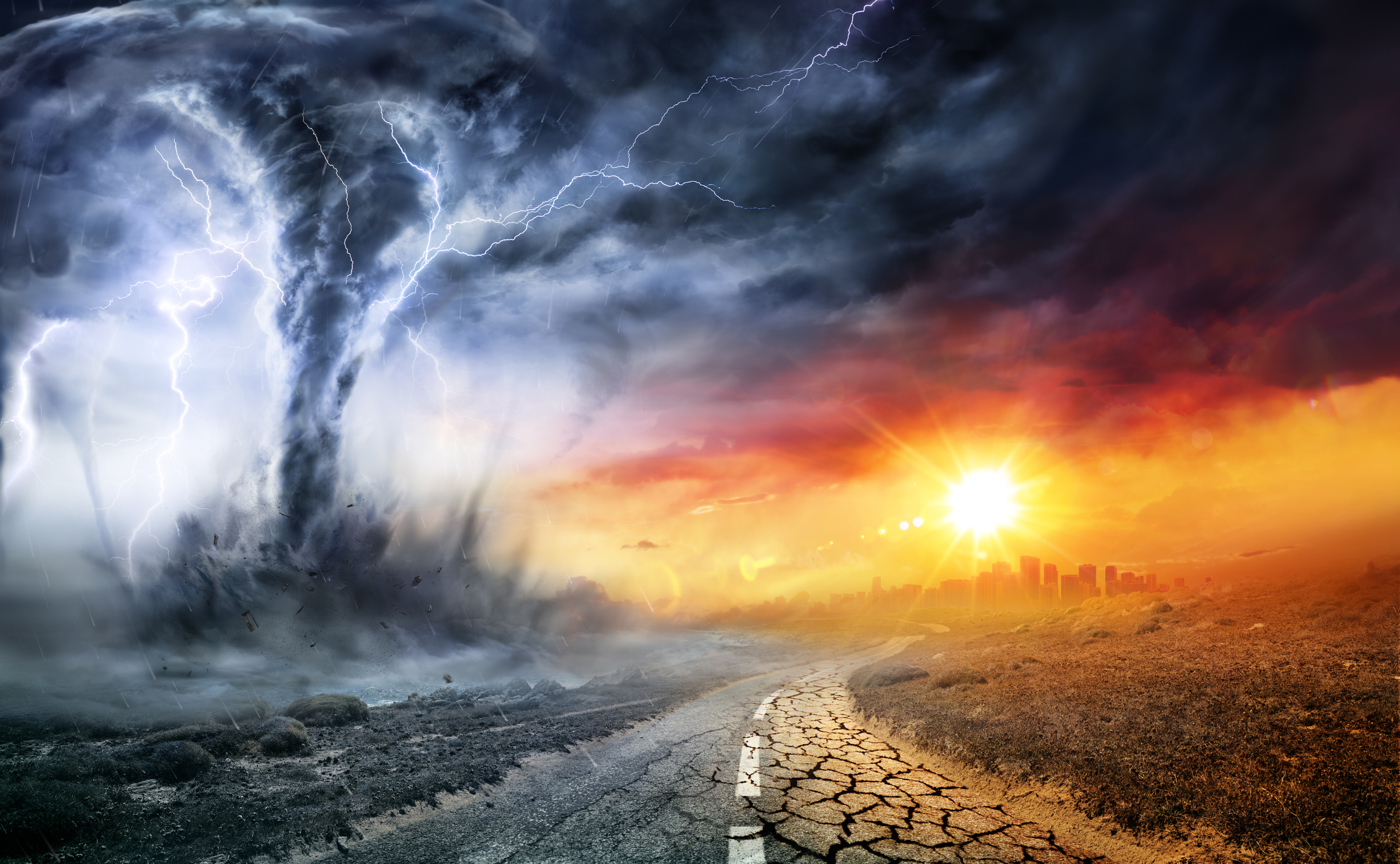Extreme weather has swept across the United States and Canada, bringing torrential rains and flooding, excessive heat, and wildfires that at times cloaked certain regions in hazardous smoke. But with global climate change, heat waves and erratic summer weather aren’t looking to improve any time soon – and a new study from last year’s European heat wave showed that over 61,000 people died because of heat. Being prepared for extreme weather is more critical than ever, especially for vulnerable populations including the elderly.
According to a recent New York Times Climate report, a new study published in the journal Nature Medicine found that despite 20 years of European efforts to adapt to a warmer climate, heat-related mortality rates remain high. Among the people who perished last summer, most were women over the age of 80. Among younger victims, men died at higher rates and people living in Italy, Spain and Portugal, where the temperatures were highest, suffered the most losses.
Early warning systems for extreme heat, public cooling centers, and volunteer teams to check in on elderly residents are all part of European public policies adopted after 2003 to help reduce extreme heat’s impact. Better coordination between social services and hospitals is also included in “heat action plans”. Still, with deadlier heat waves, these preparations were not adequate to prevent excess deaths.
With El Niño bringing warmer-than-average sea surface temperatures, already the summer of 2023 is breaking global temperature records. El Niño can also trigger more extreme weather and climate events.
Staying Safe in the Heat
- Go outside in the morning or evening when temperatures are lower
- Know the signs of heatstroke and heat exhaustion
- Wear lightweight clothing
- Stay hydrated
- Stay cool indoors during the hottest part of the day using air conditioning or fans
- Close window shades during the day, and turn off electronics when not in use
- Avoid using large appliances during the day and take short showers to help prevent power outages
- Keep track of weather conditions, including humidity
- Maintain a current list of all medications and health conditions (see the Toolkit on our site)
- Reduce or avoid alcohol and caffeine
- Check on elderly relatives or friends during a heat wave
- Visit a cooling center, mall, library or movie theatre to cool off on very hot days






Add Your Voice
0 Comments
Join the Discussion